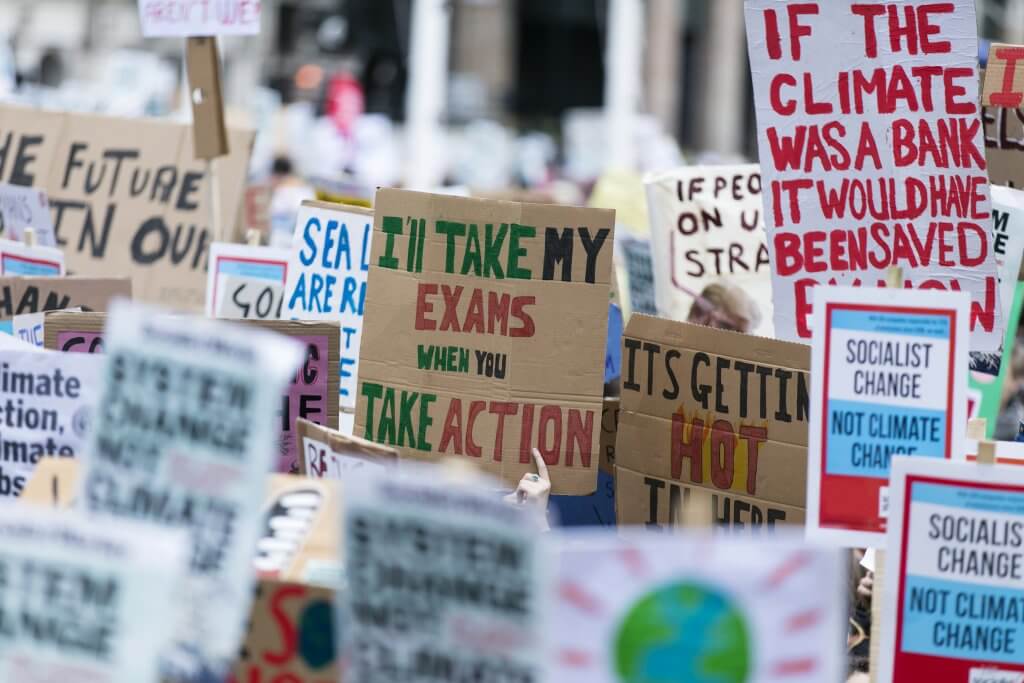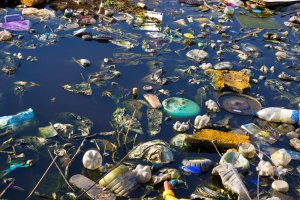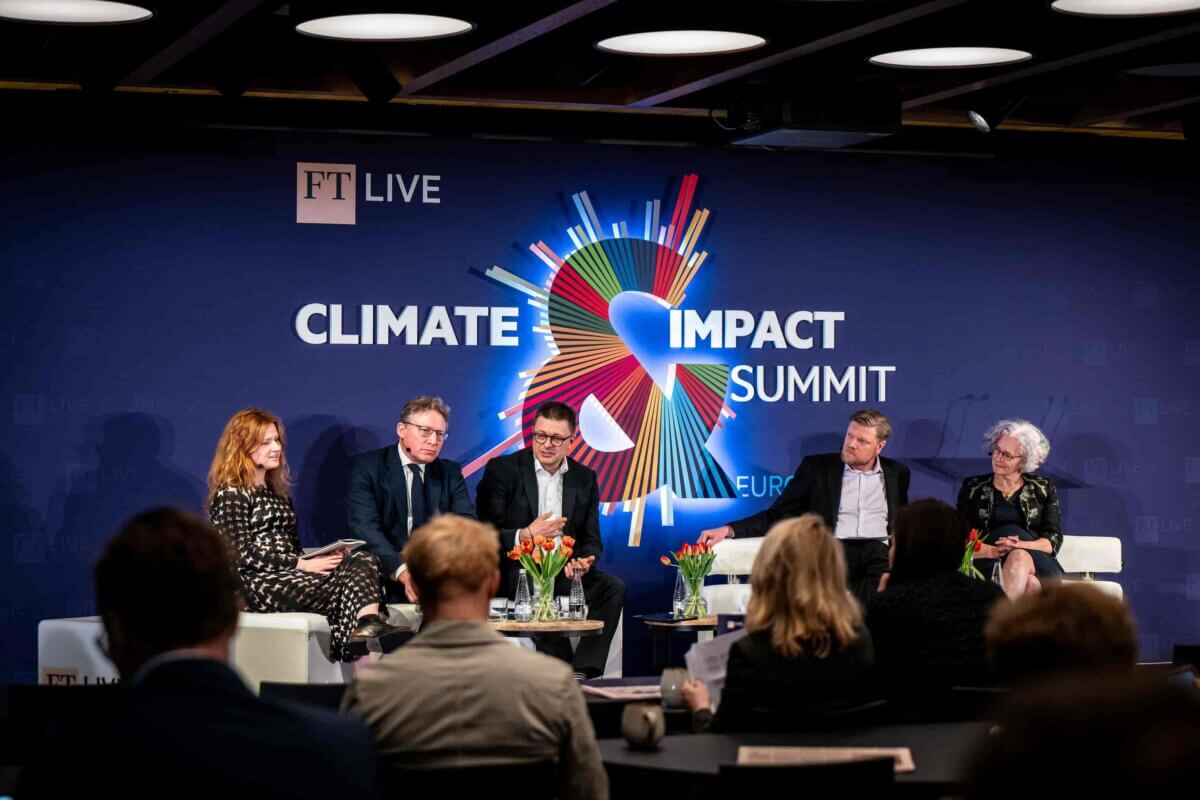The Public Awakes, But Will The Government Listen?

Ecology non-executive director, Alison Vipond, analyses some of the key climate stories hitting the headlines.
The UK’s commitment to achieving net zero by 2050
Earlier this month Theresa May committed that the UK will achieve net zero by 2050. The UK is the first major economy to set such a target. In his speech to the house on 24 June, Interim Minister of State for Energy and Clean Growth, Chris Skidmore, said, “Calls for action have come from all generations and all parts of society – from Greta Thunberg to David Attenborough, from schoolchildren to the Women’s Institute. My message today is that as a Parliament we hear you and we are taking action.”
While the target is undoubtedly a step in the right direction, 2050 may simply be too late. The IPCC report has made it very clear just how important it is to keep global heating at an absolute maximum of 1.5°C above pre-industrial levels, and that we’re currently on track to hit that 1.5°C limit as early as 2030. We need action now, not in 30 years’ time. The timetable must be accelerated if we’re to keep global heating below 1.5°C and reduce the risk of catastrophic impacts, including the loss of virtually all coral, mass extinction and hundreds of millions of people affected by food shortages, flooding or drought.
Also of concern, is that international carbon credits haven’t been excluded from the target, which means organisations could potentially carry on as normal but pay to offset their emissions in a developing country.
Indeed, there is very little detail about how the target would be achieved. One obvious first step would be to make small scale renewable energy initiatives more affordable, and yet the government is ploughing ahead with plans to quadruple VAT for such technologies.
We’d like to see the UK government:
- Bring the net zero target date forward
- Set out a plan for how it’s going to achieve net zero
- Make it easier for home owners to improve the energy efficiency of their homes and support green mortgages
- Encourage renewable energy solutions (e.g. by reinstating feed-in tariffs and lowering VAT)
- Put pressure on other countries and global corporations to play their part
War on Plastic
The BBC’s War on Plastic with Hugh and Anita is helping to highlight the issue of plastic waste to a mainstream audience. According to the UN, marine plastic pollution has increased tenfold since 1980. Greenpeace recently tested 13 rivers in the UK and found plastic particles in all of them – 875 pieces of micro-plastic were removed from the River Mersey in just half an hour.
Plastic causes huge problems to marine animals and has risks for human health. However, there is a danger of people getting side-tracked by plastic, at the expense of the bigger picture – climate change. Many plastic alternatives may actually be more damaging to the environment. Glass bottles for example, are far heavier than plastic ones, so result in greater transport-related CO2 emissions. Paper bags are often made from virgin fibre – so result in the loss of trees. Unlike plastic bags, they’re also harder to reuse, although they are easier to recycle.
We need to look at how to reduce single-use packaging, rather than simply replacing it, but even here the issue isn’t as clear cut as it may seem. Some fresh produce spoils quicker if it’s unpackaged and according to WRAP, if global food waste were a country, it would currently be the third largest emitter of greenhouse gases.
Mass species extinction
Back in May, the Intergovernmental Science-Policy Platform on Biodiversity and Ecosystem Services (IPBES) warned that 1 million animal and plant species are threatened with extinction. While the figure is based on computer modelling and includes species that have yet to be discovered, the research behind the Global Assessment report is certainly rigorous. Some 145 expert authors and a further 310 contributing authors worked on the report over three years, and it’s based on a systematic review of some 15,000 scientific and government sources.
What is also clear is that factors driving this mass extinction are made-made, including climate change, habitat loss, exploitation and pollution. New draft chapters were released at the end of May, which include pathways for avoiding species loss, including global technological solutions.
IPBES Chair, Sir Robert Watson, stated, “The health of ecosystems on which we and all other species depend is deteriorating more rapidly than ever. We are eroding the very foundations of our economies, livelihoods, food security, health and quality of life worldwide.”
Increase in public interest
Just this week, thousands of people descended on Westminster to lobby MPs for urgent action to address climate change.
It’s clear that more and more people are waking up to the dangers of climate change and demanding a better, more sustainable society. According to a recent survey commissioned by The Climate Coalition and Greener UK, 81 percent of adults believe that tackling climate change and protecting the natural environment are issues of concern for all generations. 69 percent were in favour of Ministers taking ‘urgent political action’ on the climate crisis.
The UK needs to capitalise on this increased interest. People are prepared to reduce their plastic-use, switch to renewable energy and shrink their own carbon footprint, but they need to know that their efforts aren’t in vain. It’s not just up to individuals to take action – we need systematic change and for that, corporations, governments and other organisations need to play their role too.




